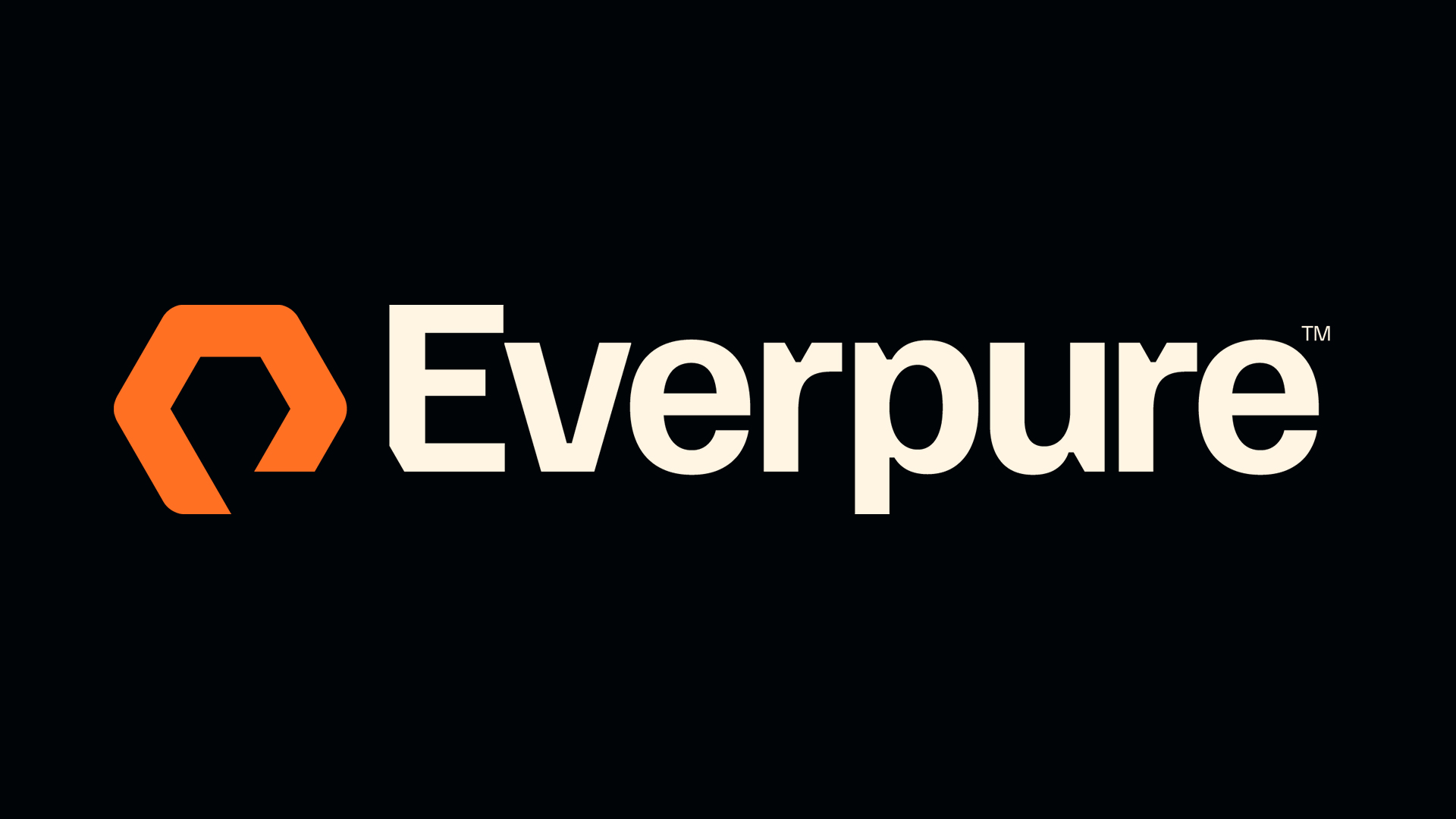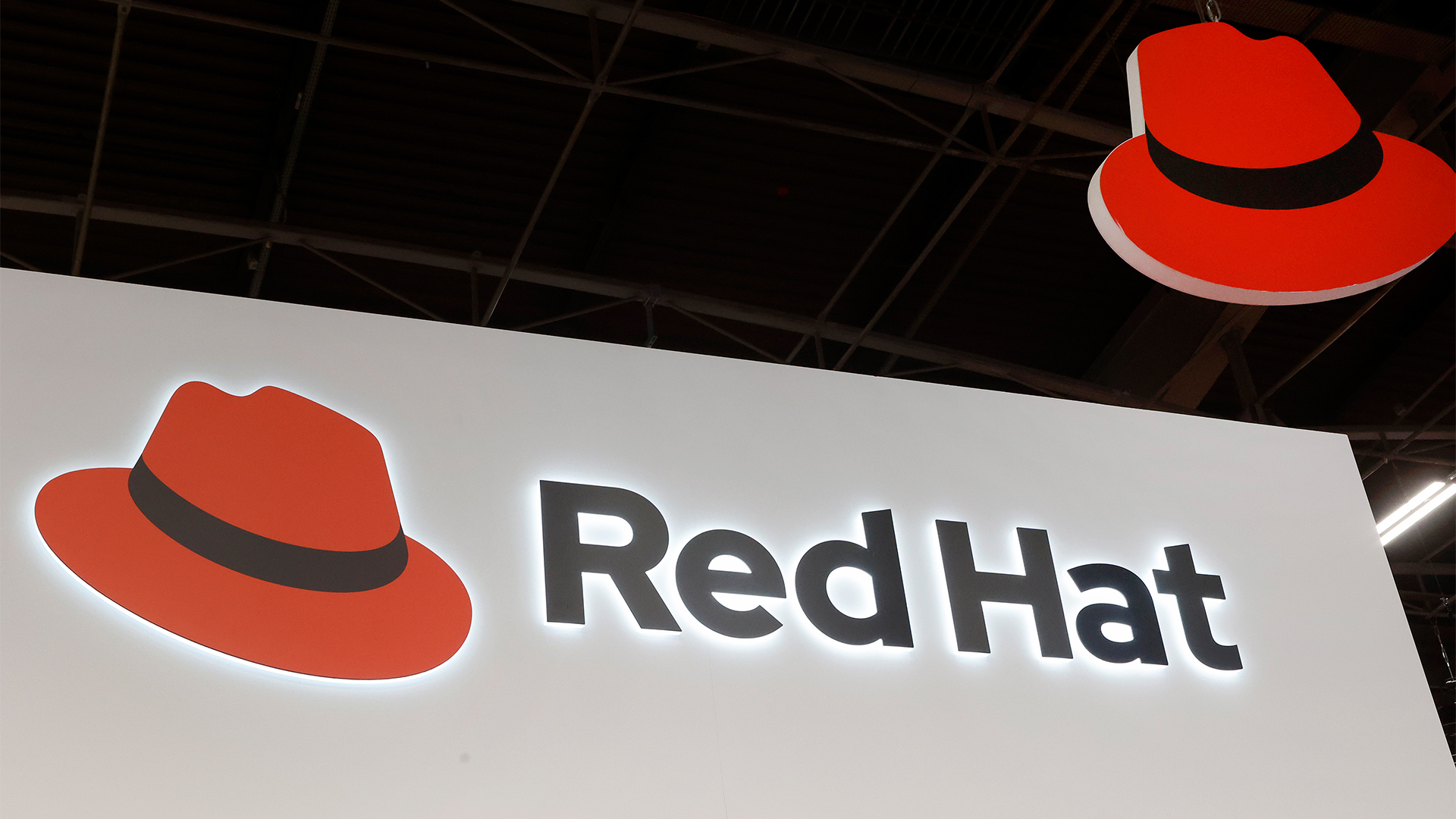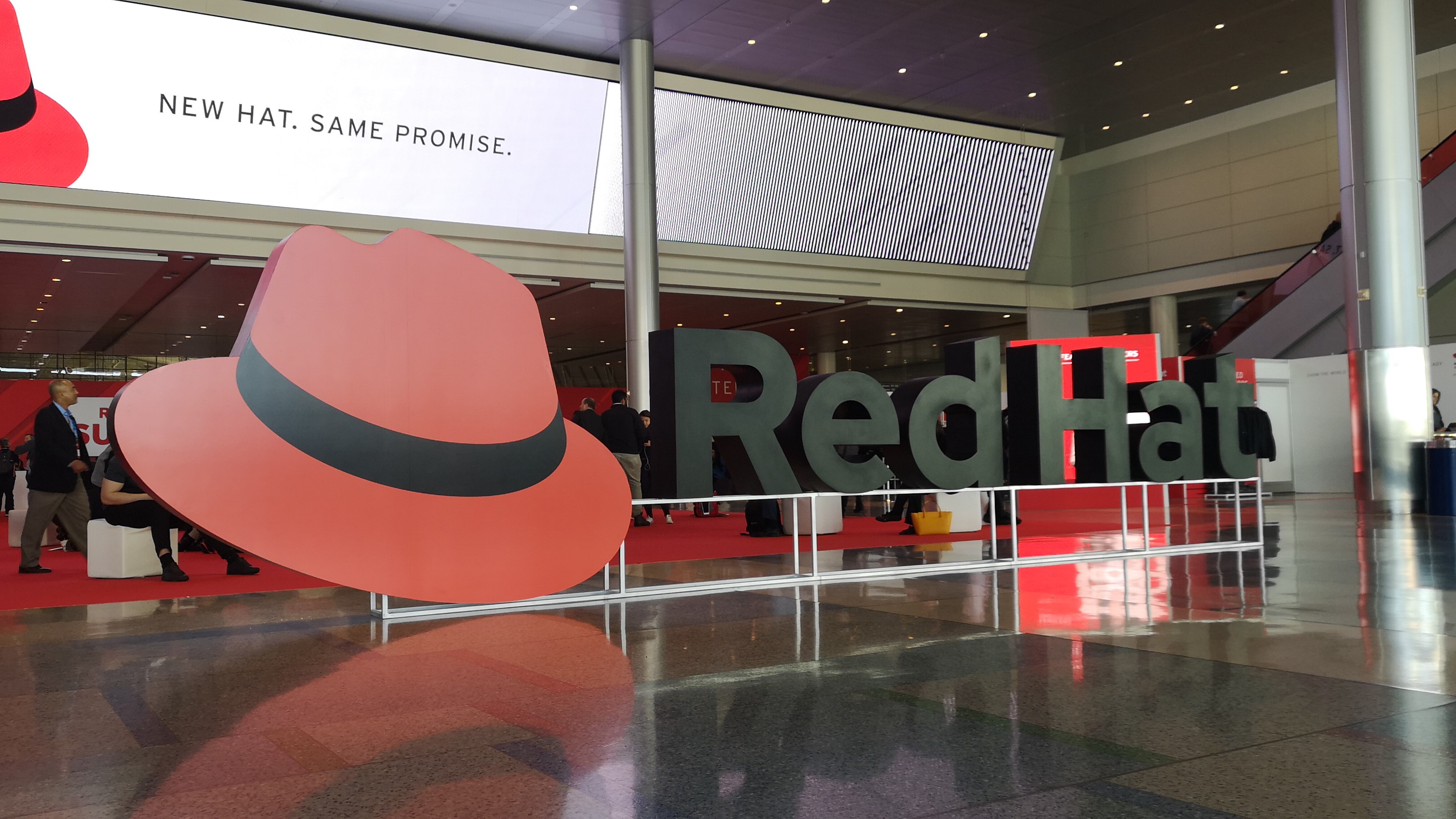Red Hat is giving developers free access to RHEL – here’s what you need to know
The move will give access to up to 25 physical, virtual, or cloud-based instances per registered member of the Red Hat Developer program


Sign up today and you will receive a free copy of our Future Focus 2025 report - the leading guidance on AI, cybersecurity and other IT challenges as per 700+ senior executives
You are now subscribed
Your newsletter sign-up was successful
Red Hat has launched a new self-service platform that offers simplified access to its developer program.
The Red Hat Enterprise Linux for Business Developers platform aims to help development teams build, test, and deploy applications quicker and more efficiently – and at no extra cost, the firm said.
Modern developers need to be able to move at their own pace to deliver innovative applications, according to Gunnar Hellekson, vice president and general manager of Red Hat Enterprise Linux. Moreover, he stressed that they must do so without increasing friction with IT operations teams or production systems.
“Red Hat Enterprise Linux for Business Developers helps empower developers with direct access to the world’s leading enterprise Linux platform without having to move through centralized IT channels, giving them a more consistent, reliable foundation that aligns with the business’s demands for production-readiness,” Hellekson said.
The new service will offer simplified access to the enterprise Linux platform – the self-service allowance is up to 25 physical, virtual, or cloud-based instances per registered member of Red Hat’s developer program.
It also includes curated and signed developer content with many of the latest open source application programming languages, tools, and databases, according to Red Hat.
Similarly, the company announced this will come with ‘powerful open source container tooling’ through Podman Desktop – Red Hat’s preferred container development tool.
Sign up today and you will receive a free copy of our Future Focus 2025 report - the leading guidance on AI, cybersecurity and other IT challenges as per 700+ senior executives
This new offering complements existing developer offerings, according to Red Hat, and it includes a no-cost Red Hat Developer Subscription for Individuals.
Red Hat targets security gain across developer workstations
IT complexity continues to grow, the company noted, especially as services are intermingled with AI, cloud native, and virtualized workloads.
This creates further challenges for the cybersecurity industry, which is seeing a continued upward trend in not just software vulnerabilities, but also software supply chain attacks.
The firm’s recent Red Hat Security Risk Report showed this confluence of issues and complexity is hampering security teams and developers alike, leaving enterprises open to an array of threats and stunting innovation.
For Red Hat, this underscores the importance of a “reliable, hardened and consistent platform” across production environments and also developer workstations.
Make sure to follow ITPro on Google News to keep tabs on all our latest news, analysis, and reviews.
MORE FROM ITPRO
- Red Hat just made three big changes to its developer hub – here’s what you need to know
- The secret to Red Hat’s success: Trust, trust, and more trust
- Hybrid cloud is complicated – Red Hat's new AI assistant wants to solve that
Bobby Hellard is ITPro's Reviews Editor and has worked on CloudPro and ChannelPro since 2018. In his time at ITPro, Bobby has covered stories for all the major technology companies, such as Apple, Microsoft, Amazon and Facebook, and regularly attends industry-leading events such as AWS Re:Invent and Google Cloud Next.
Bobby mainly covers hardware reviews, but you will also recognize him as the face of many of our video reviews of laptops and smartphones.
-
 Pure Storage snaps up 1touch in data management pivot
Pure Storage snaps up 1touch in data management pivotNews The all-flash storage company is turning its focus to data management with a new acquisition and new name
-
 Babble turns to NinjaOne to unify legacy IT stack
Babble turns to NinjaOne to unify legacy IT stackNews The UK-based MSP has adopted the NinjaOne platform to consolidate IT tools, improve automation reliability, and strengthen compliance
-
 Red Hat eyes tighter data controls with sovereign support for EU customers
Red Hat eyes tighter data controls with sovereign support for EU customersNews The company's new offering will see support delivered entirely by EU citizens in the region
-
 Red Hat eyes developer workflow efficiency, app modernization gains with new AI tools
Red Hat eyes developer workflow efficiency, app modernization gains with new AI toolsNews An AI assistant specifically designed for application migration and modernization looks to reduce developer toil
-
 Red Hat just made three big changes to its developer hub – here’s what you need to know
Red Hat just made three big changes to its developer hub – here’s what you need to knowNews Red Hat has unveiled a raft of upgrades for Red Hat Developer Hub (RDHD), including support for a local version as well as new analytics.
-
 Red Hat launches Build module as part of partner program refresh
Red Hat launches Build module as part of partner program refreshNews Red Hat has announced new changes to its partner program, including the launch of a new 'Build' module and go-to-market support capabilities.
-
 Red Hat eyes “clear pathways for collaboration” with new partner program updates
Red Hat eyes “clear pathways for collaboration” with new partner program updatesNews The enhanced framework for Red Hat partners features a new modular design and fresh incentives
-
 Red Hat adds trio of new tools to its Trusted Software Supply Chain
Red Hat adds trio of new tools to its Trusted Software Supply ChainNews The open-source giant said the additions will help organizations tackle vulnerabilities in their supply chains earlier and improve overall resiliency
-
 Linux Blue Screen of Death gives users a taste of the dreaded Windows feature
Linux Blue Screen of Death gives users a taste of the dreaded Windows featureNews The Linux Blue Screen of Death has been added in a recent update
-
 Red Hat Enterprise Linux becomes foundational operating system for Cohesity Data Cloud
Red Hat Enterprise Linux becomes foundational operating system for Cohesity Data CloudNews New strategic partnership between Red Hat and Cohesity aims to drive innovation in the data security and management space
